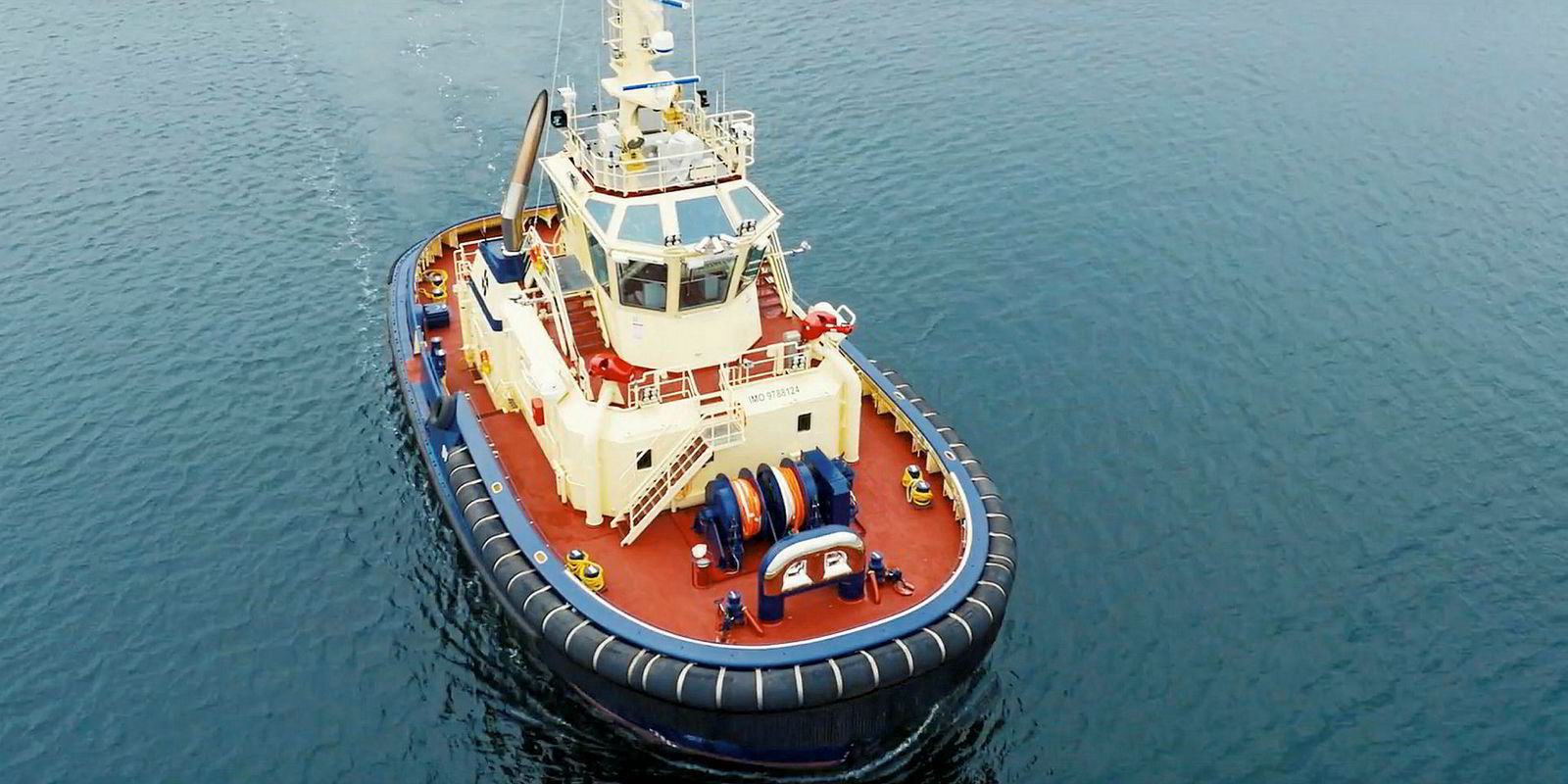Rolls-Royce has teamed with Intel to develop its plan of introducing fully autonomous cargo vessels, with Intel's chipsets powering the artificial intelligence shipping system.
Vessels fitted with Intel Xeon Scalable processor-based servers will effectively be turned into floating data centers, according to statement by Intel.
Rolls-Royce’s intelligent awareness system uses AI-powered sensor fusion and decision-making by processing data from lidar, radar, thermal cameras, HD cameras, satellite data and weather forecasts.
This data allows vessels to become aware of their surroundings, improving safety by detecting objects several kilometers away, even in busy ports.
This is especially significant when operating at night, in adverse weather conditions or in congested waterways.
The data collected by the vessels is stored using Intel's 3D storage device, acting as a 'black box' by securing the information for training and analysis once the ship is docked.
"This collaboration is helping us to develop technology that supports ship owners in the automation of their navigation and operations, reducing the opportunity for human error and allowing crews to focus on more valuable tasks," said Kevin Daffey, Rolls-Royce's marine director of engineering and technology.
"Delivering these systems is all about processing, moving, and storing huge volumes of data, and that is where Intel comes in," said Lisa Spelman, Intel Xeon's VP and general manager.
"Rolls-Royce is a key driver of innovation in the shipping industry, and together we are creating the foundation for safe shipping operations around the world."
Artificial intelligence backed autonomy will make ships safer, more efficient and cheaper to build and operate, Rolls-Royce says on its website.





